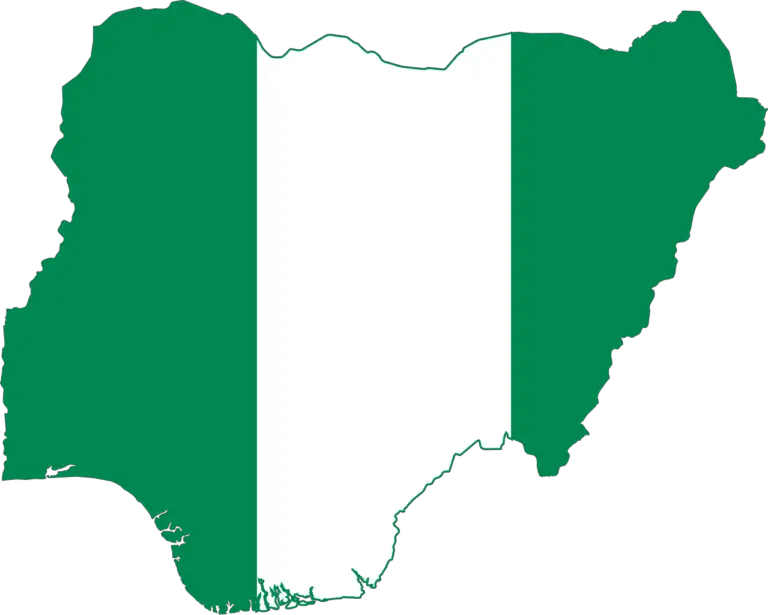
The Initiative for Research, Innovation and Advocacy in Development (IRIAD) says it has joined stakeholders in commemorating World Humanitarian Day 2021 by standing in solidarity with vulnerable groups across the globe.
This was disclosed in a statement signed by Princess Hamman-Obels Founder and Director, IRIAD on Monday.
She said the group’s efforts to advance the rights of vulnerable groups include: Localising the United Nations Security Council Resolution on women, peace and security (UNSCR 1325) through our Women, Peace and Security programme; Conducting research and advocacy to promote the inclusion of vulnerable groups such as internally displaced persons (IDPs) and persons with disabilities (PWDs); and going on sensitisation campaigns in IDPs camps to raise awareness on pressing issues such as the costs and consequences of gender-based violence.
World Humanitarian Day was established in memory of the 19 August 2003 bomb attack on the Canal Hotel in Baghdad, Iraq, which killed 22 people including the chief humanitarian in Iraq, Sergio Vieira de Mello. The Day was formalised by the United Nations General Assembly in 2009.
Each year, World Humanitarian Day is celebrated on 19 August to bring “together partners from across the humanitarian system to advocate for the survival, well-being and dignity of people affected by crises, and for the safety and security of aid workers”.[2] The focus of World Humanitarian Day 2021 is on climate emergencies and the impact that they have on people’s lives. This focus is in recognition of the fact that the world’s most vulnerable groups suffer the most from climate emergencies. Indeed, the World Health Organization estimates that between 2030 and 2050, climate change is expected to cause approximately 250,000 additional deaths per year globally.
IRIAD noted that inn the Nigerian context, the situation is no different. Climate change has resulted in droughts and excessive flooding, which have in turn affected agricultural activities and caused a loss of shelter. In 2018, the National Emergency Management Agency (NEMA) reported that 1.9 million people were displaced by flooding in Nigeria. Furthermore, climate change has also impeded economic growth, particularly in sectors such as agriculture, fishery and forestry. Worse still, climate change poses a threat to life as it leads to a rise in the breakout of water-borne and vector-borne diseases.[6] Undoubtedly, all of these pose a threat to Nigeria’s plans to meet the sustainable development goals (SDGs) by 2030.[7]
“This shows how climate emergencies affect economic growth and standards of living, particularly in developing countries like Nigeria,” the statement said.
“It is therefore imperative for stakeholders to unite across countries and take climate action in order to protect vulnerable groups who are hit hardest by the consequences. As world leaders meet at the UN Climate Summit (COP26) this November 2021, we urge them to accelerate climate action in solidarity with people who need it the most. This starts with developed countries fulfilling their pledge of $100 billion annually for climate action in developing countries. Other stakeholders, including civil society organisations, the media and the general public, can continue to raise awareness on climate issues by using the hashtag for World Humanitarian Day 2021 – #TheHumanRace.
“As we commemorate World Humanitarian Day, we are hopeful that world leaders and other stakeholders will take the required climate action to protect vulnerable groups in developing countries such as Nigeria. This will ultimately accelerate the rate of progress within these countries in meeting the SDGs by 2030”,the IRIAD founder said.



